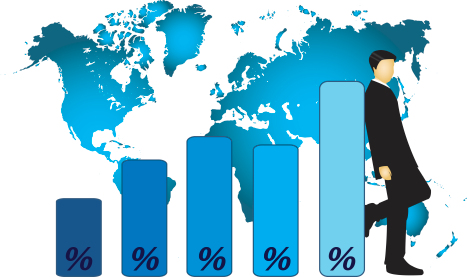Growth of e-commerce between developed countries and developing countries
Electronic commerce, known by many as e-commerce is the industry whereby businesses and consumers trade over the Internet and other computer networks around the world. E-commerce comes in three main forms, Business-to-Business (B2B), Business-to-Consumer (B2C) and Consumer-to-Consumer (C2C), with B2C the main focus of this article, and the highest growth sector of e-commerce as a whole.
E-commerce has been apparent in developed countries for many years with companies such as Amazon and Ebay being powerhouses, but also that many businesses have an online website where consumers can buy products or services from. However, in developing countries such as those in Africa, the role that e-commerce is slowly accelerating. It is via the online communication and can help these countries access the global markets.

Whilst in both developed and developing countries, Small and Medium-sized enterprises (SMEs) have the most to gain from the increases in e-commerce, and would give SMEs the opportunity to develop a foothold in a multilateral trading system. E-commerce can help both developed and developing countries SMEs as it allows them to start up for a small cost, whereas without e-commerce many entrepreneurs, especially in developing countries, may deter away from setting up a business due to the high costs of acquiring a premises.
There is an obvious North - South divide in the world, where the northern hemisphere has a far higher proportion of businesses participating in e-commerce than in the southern hemisphere.
Developing countries have grown in terms of their e-commerce and digital activity since 2011, where the Middle East and Africa’s digital buying network has increased from 30million in 2011 to 50million in 2013, showing a significant increase in areas such as Africa, where e-commerce has positively affected the economy.


 Rehan
Rehan






